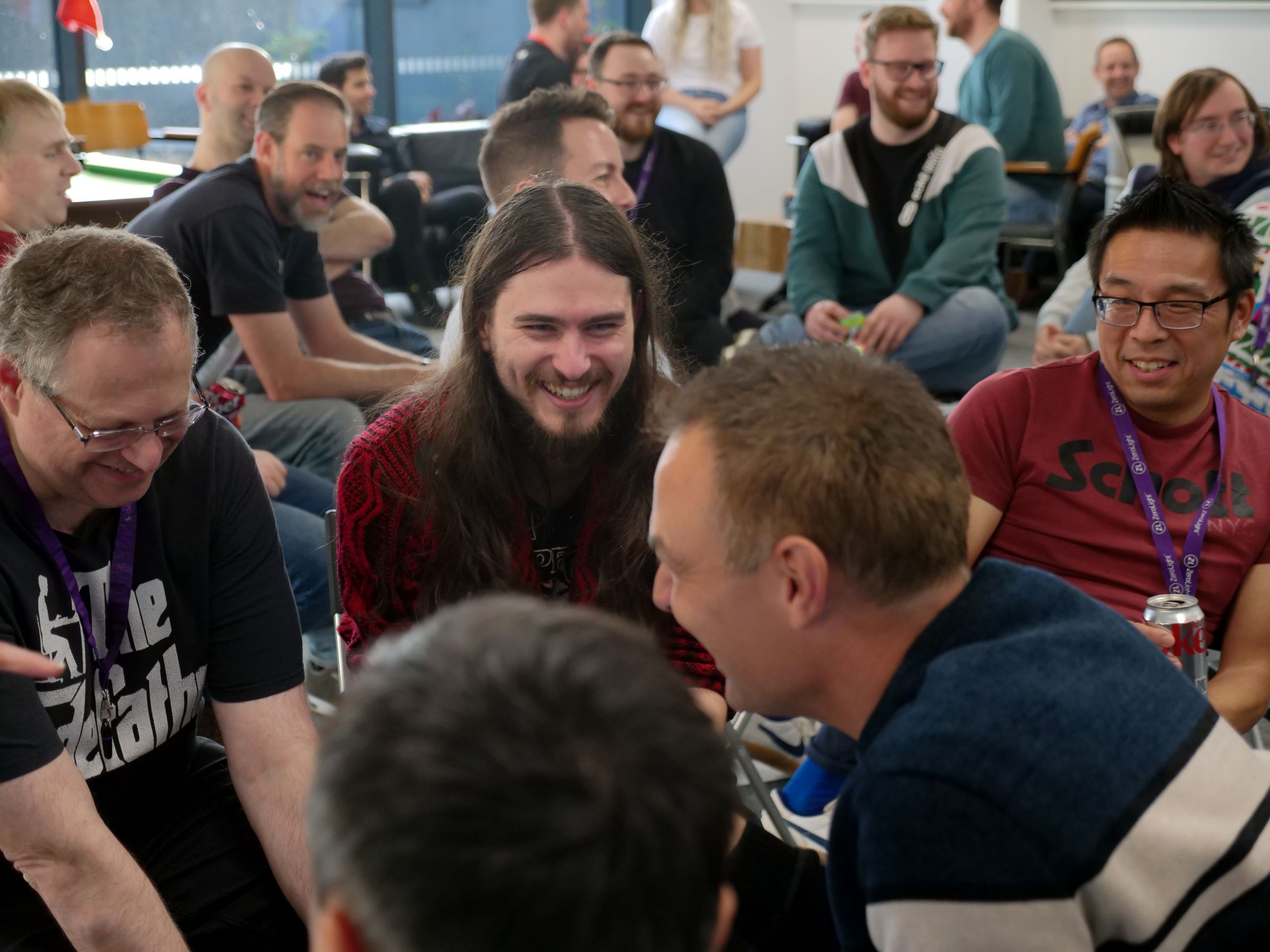‘The ability to understand and manage your emotions, as well as recognise and influence the emotions of those around you’
- Daniel Goleman
Over the years emotional intelligence has become a must-have business skill. Research shows that it is a strong predictor of performance. Employees with high emotional intelligence are more likely to stay calm under pressure, resolve conflict more effectively and respond to co-workers with empathy.
There are some consequences when individuals struggle with emotional intelligence. It can result in workplace conflict and misunderstandings. These often stem from an inability to recognise or comprehend emotions. One of the most common indicators of low emotional intelligence is difficulty managing and expressing emotions. You might struggle with acknowledging colleagues’ concerns appropriately or wrestling with active listening. It is important to cultivate social skills by understanding and practising empathy and the core components of emotional intelligence.
So, what can you do when you are in conversation with someone who struggles with their emotional intelligence? Firstly, accepting it is important. It can be difficult to accept negative aspects of a person’s personality. One way to approach this is to focus instead on the positive aspects of their personality.
People who struggle with emotional intelligence can become easily frustrated if they feel as though they are being misunderstood. An individual can help keep the other person calm by listening to and engaging with what they are saying.
A person with low EI can find it difficult to recognize how others are feeling. You can avoid confusion by focusing on facts rather than emotions. They could try telling the person exactly how they feel, rather than expecting them to pick up on their emotional signals. I feel this way because of X and this is what I think we should do about it. This resolution would make me feel Y.

Self-awareness describes your ability to not only understand your strengths and weaknesses but to recognise your emotions and their effect on you and your team’s performance. Organisational psychologist Tasha Eurich found in her research that a whopping 95% or people think they are self-aware but in reality only 10-15% actually are. That is an enormous discrepancy and I think it is a very interesting statistic. She also found that working with colleagues who are not self-aware can cut a team’s success in half and leads to stress and decreased motivation.
Self-management refers to your ability to manage your own emotions, particularly in stressful situations. It also refers to your ability to maintain a positive outlook despite setbacks or difficult circumstances. Employees who lack self-management skills tend to react instinctively and have a harder time keeping their impulses in check. Reactions tend to be automatic but the more you are in touch with your emotional intelligence the easier you will find the transition from reaction to response.
Social awareness describes your ability to recognise other people’s emotions and the dynamics in play in any given situation. In other words, a phrase we have probably all heard before, it is your ability to ‘read the room’.
People who excel in social awareness practice empathy. They strive to understand their colleagues’ feelings and perspectives. This enables them to communicate and collaborate more effectively with their peers. Global leadership development firm DDI ranks empathy as the number one leadership skill, reporting that leaders who master empathy perform more than 40% better in coaching, engaging others and decision making.
Relationship management refers to your ability to influence, coach and mentor others and resolve conflict effectively. Some prefer to avoid conflict, in an ideal world I would be one of these people too, I hate conflict. But I have come to learn that it really is important to properly address issues as they arise. This is quite an eye-opening figure but research shows that every unaddressed conflict can waste about 8 hours of company time in gossip and other unproductive activities, putting a drain on resources and morale. We have all worked in places like that before where it becomes frustrating to hear the same moans and niggles, it becomes draining for all involved eventually. So, as much as we might not want to, we need to have the tough conversations and being able to do so really is a key component of emotional intelligence.












